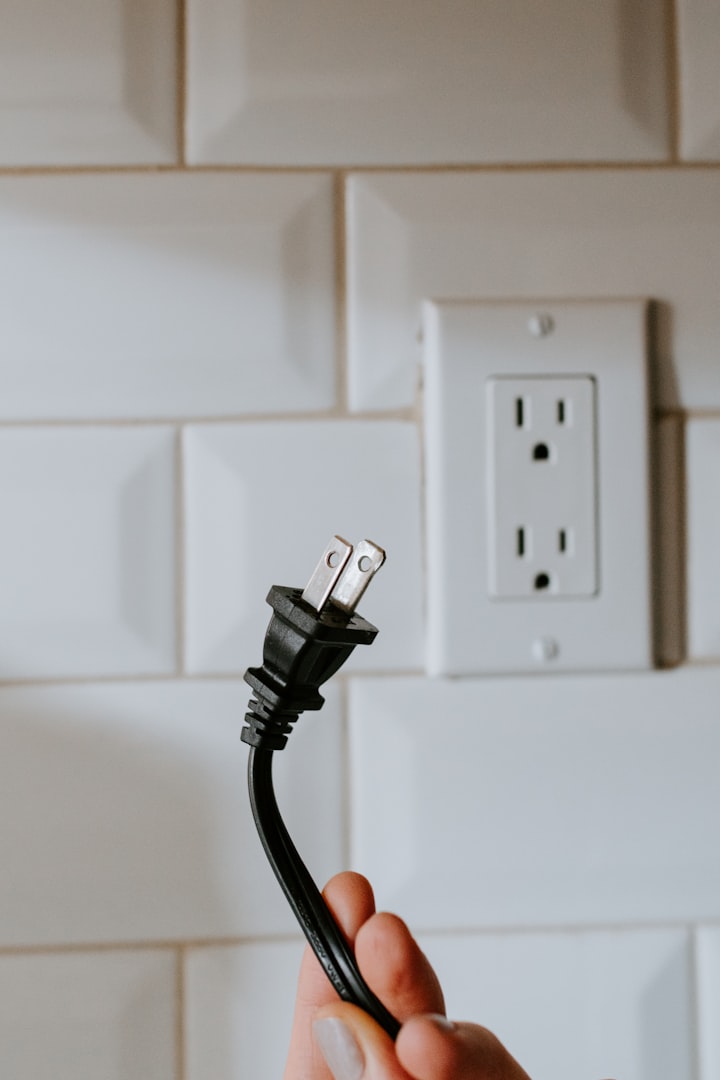Possessive: The Cousin of Controlling
#MasterClassMonday

As creative beings, we can get extremely invested in a project. If we're passionate enough, and there's a whole background behind the project -- i.e., if it has an extra special meaning -- then we essentially see it as our child. We want to love and protect this beautiful creative child of ours, with all the strength we have. And anyone who comes in to try to change our child is wrong.
... maybe that's why it's taken me so long to write my book ...
Issa Rae teaches a MasterClass on "Creating Outside the Lines". She talks about her inspiration for representation (The Fresh Prince of Bel-Air, as one example), and most importantly how important it is to her that the characters sound and be seen as REAL -- authenticity, it's huge. The characters Issa has created have come from her own life; she could envision these characters perfectly and knew their inner workings -- likes, dislikes, fears, personality traits, hobbies ...
So when her content moved from web series (Awkward Black Girl) to television (Insecure), and producers started asking her to make changes to her script, her initial reactions were "Oh yeah, this character can juggle, sure, why not?" ... but she knew that these changes weren't right. That's not her character, and she quickly learned that she was allowed to stand up for herself and defend her creativity.
It's one thing to feel confident about our ideas, when we live and breathe the characters and story plots ... but we're not ALWAYS right. Our ideas are probably pretty good, but they're not PERFECT (nothing is). If we can't take the time to at least consider that someone else's input might be beneficial to the project, that's when we lean into possessive/controlling territory.
I absolutely love this quote from Issa:
"I think being possessive is a cousin of being controlling, in that you feel like this is MY project and I want everyone to know that I did it, and it has to be done MY way."
Ask yourself: Is your idea absolutely THAT good ("perfect") that there's no way to potentially improve anything about it?
Don't Be Threatened
It's important not to be threatened by criticism, advice, or guidance on your project. Generally, the people giving you advice are not trying to take your project (if they were, they wouldn't share their ideas with you -- they'd just take your ideas and merge them with yours, without speaking to you about anything). When other people speak up and share THEIR ideas for YOUR project with you, it's probably for one of two reasons:
1) They think they have an idea that could help you make improvements to your project, OR
2) Your project sparked an additional idea in them that they're super excited about and want to share with you
... either way, their words are typically coming from a good place.
My Takeaway
The thing about receiving any kind of feedback is that you don't HAVE to take it ... but it's polite to at least be OPEN to receiving it.
In fact, what would be amazing is if you could extract just one key thing from someone else's idea -- something that stood out to you and made you think "Ooh, that could work!" ... If you find SOMETHING to be excited about within their idea, it would make the other person feel really really good about themselves. I bet you it would also inspire them to keep being creative, encourage them to continue sharing their ideas -- to not be afraid and to not hold themselves back.
If you have a major project on the go right now, consider three people you trust that you could reach out to and ask for feedback. I already know who my three people are, when I finish my book ... I actually have five in mind, as two will be sensitivity readers. That's another thing to consider as well: choose people you trust, but also (perhaps more importantly) choose people who have different perspectives than you. This will REALLY enhance your project! Issa talks about the benefits of having a writer's room, for this very reason -- start a focus group or something with people of different ages, races, gender identities, sexual orientations, economic backgrounds ... people will look at things differently and ask different questions based on their lived experiences.
Love your idea, nurture it. But don't smother it; allow yourself to explore all possibilities ... allow others to share in this joy.
About the Creator
Kaitlyn Dawn
27, Canadian, she/her
Life & Creativity Coach
reader, writer, and lover of words
https://www.kaitlyndawn.com






Comments
There are no comments for this story
Be the first to respond and start the conversation.